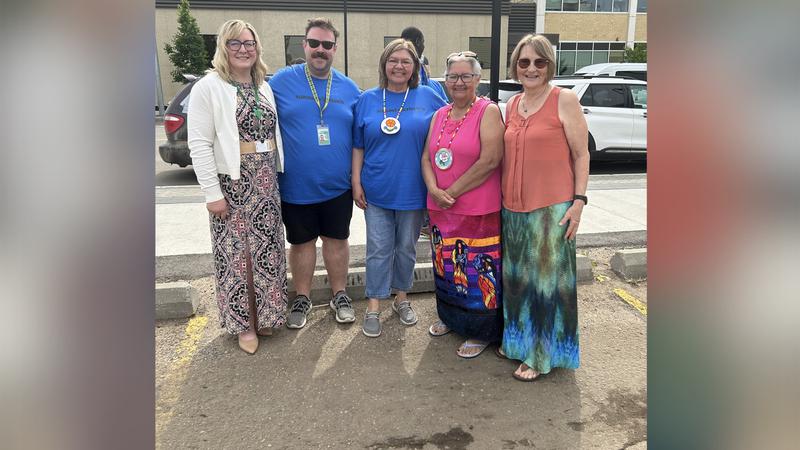
NDP byelection victory prompts soul-searching among Greens, Liberals in B.C.
VANCOUVER — An NDP victory in a crucial byelection has prompted political soul-searching in British Columbia, with the Opposition Liberals hoping to revitalize their party while the Greens distance themselves from the New Democrats.
The Nanaimo byelection had the potential to tip the balance of power in the legislature, as the NDP have 41 seats and govern with the support of three Green members. The Liberals hold 42 seats. In the end, New Democrat Sheila Malcolmson won the riding with over 49 per cent of the vote.
Green Leader Andrew Weaver said he wasn’t surprised by the collapse of his party’s vote in the riding, from 20 per cent in the 2017 general election to seven per cent on Wednesday. He heard from many Green supporters who said they would vote NDP to maintain the status quo in the house, he said.


